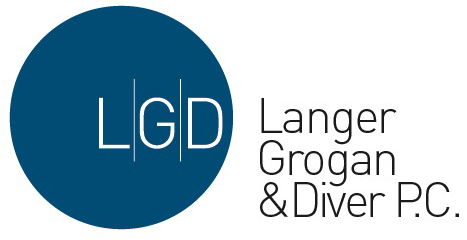Langer Grogan & Diver attorney Irv Ackelsberg along with Community Legal Services, Donovan Litigation Group, LLC, Flitter Milz PC, and Motley Rice, LLC co-authored an amicus brief in the Pennsylvania Supreme Court on behalf of the National Consumer Law Center, the National Association of Consumer Advocates and various legal aid organizations. This brief calls on the Court, “once again, to protect the Pennsylvania Unfair Trade Practices and Consumer Protection Law, 73 P.S. §§ 201-1 to 201-9.2 (“UTPCPL”), from narrow, restrictive interpretations that deny consumers the full scope of the remedial relief mandated by the statute.”
The brief states, “The Superior Court below incorrectly ruled that a trial court may deny UTPCPL treble damages based on a jury’s award of punitive damages on a separate count of common-law fraud. There is no basis within the UTPCPL for so restricting the statutory remedy. Nor was it correct for the Superior Court to consider the award of attorney’s fees under the statute as an additional reason to deny Appellants the 2 treble damage remedy. A court’s discretion under the UTPCPL is limited to providing the “additional relief” prescribed by the statute, not nullifying such relief based on a distinct common law award or compensatory attorney’s fees.”
Additionally, to focus on consumer protection, the brief goes on, “Where an innocent consumer is harmed by the deceptive acts or practices of a business, the consumer should not receive less under the UTPCPL because the defendant also committed common-law fraud. Such a rule contradicts and undermines the purposes of the UTPCPL, and will eventually dissuade persons from fully vindicating their statutory rights while also emboldening violators to engage in more egregious dishonest business practices.”
This same group of consumer attorneys co-authored a successful amicus brief in an earlier Supreme Court decision, Gregg v. Ameriprise, in which the Supreme Court ruled that an UTPCPL claim built on “deceptive” conduct does not incorporate the common law requirement of intent that must be proved in common law fraud claims.
The brief can be read here.
